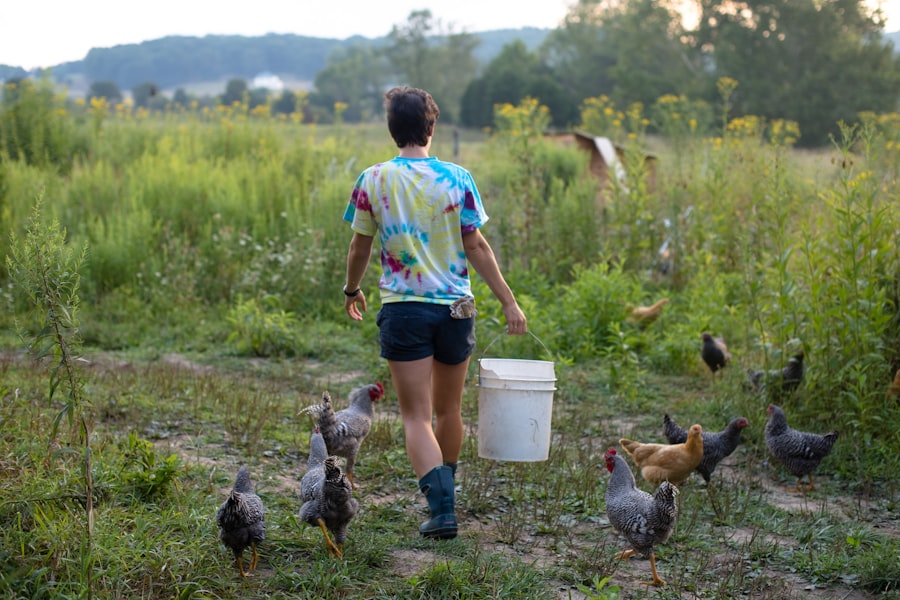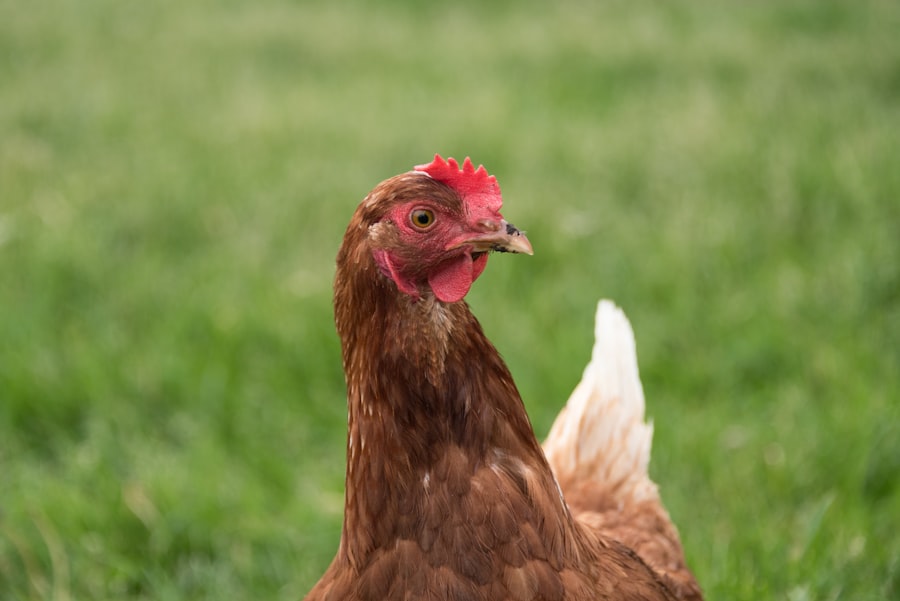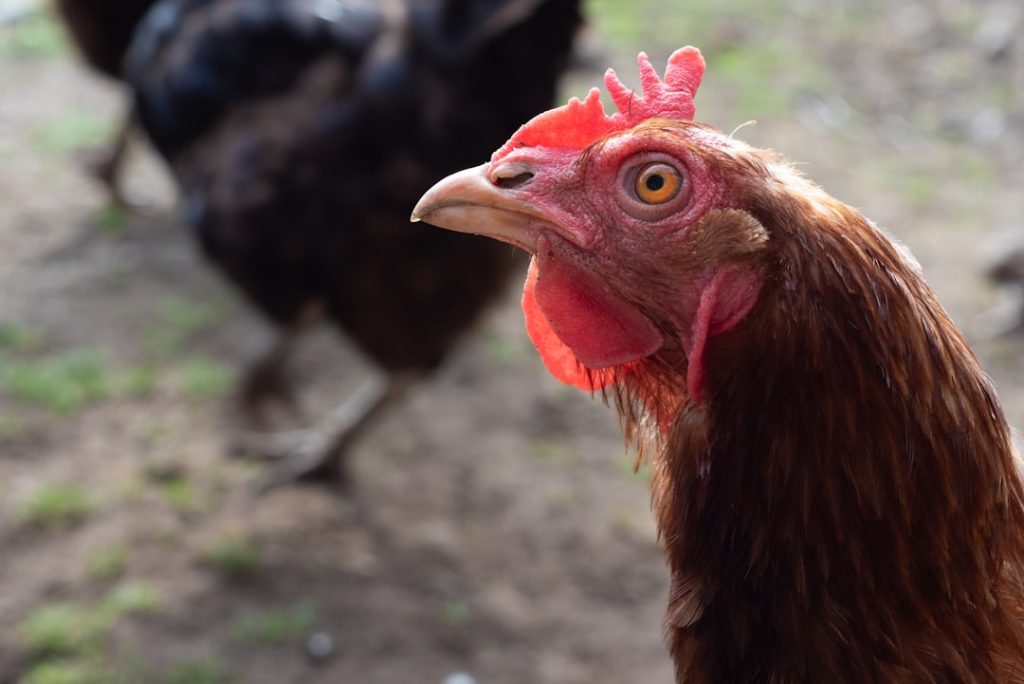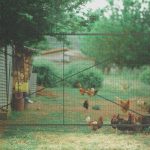When keeping chickens, it is essential to understand the applicable laws and regulations in your area. These rules can vary significantly between locations, making thorough research necessary to ensure compliance. Local ordinances may specify limits on the number of chickens allowed, coop requirements, and minimum distances from neighboring properties.
Regulations may also address chicken waste disposal and animal welfare standards to prevent cruelty and neglect. Some jurisdictions impose restrictions on specific chicken breeds due to factors such as noise levels or aggressive behavior. Consulting local animal control or zoning departments is advisable to confirm that your chosen breeds are permitted.
Furthermore, regulations may govern the sale of eggs or meat from backyard chickens. Familiarizing yourself with these laws and regulations is crucial to avoid potential legal issues and ensure responsible chicken keeping practices.
Table of Contents
- 1 Zoning and land use restrictions
- 2 Permits and licenses for keeping chickens
- 3 Health and safety concerns
- 4 Noise and nuisance regulations
- 5 Penalties for illegal chicken keeping
- 6 Resources for further information and assistance
- 7 FAQs
- 7.1 What are the regulations for keeping chickens in Berkeley County, SC?
- 7.2 Are there specific restrictions on the number of chickens allowed in Berkeley County, SC?
- 7.3 Are there any specific requirements for housing and care of chickens in Berkeley County, SC?
- 7.4 What are the potential legal consequences of keeping chickens in violation of local regulations in Berkeley County, SC?
Key Takeaways
- Understanding the laws and regulations:
- Familiarize yourself with local laws and regulations regarding chicken keeping.
- Research any restrictions on the number of chickens allowed and specific requirements for coop construction.
- Zoning and land use restrictions:
- Check zoning laws to ensure that keeping chickens is allowed in your area.
- Be aware of any land use restrictions that may impact your ability to keep chickens on your property.
- Permits and licenses for keeping chickens:
- Obtain any necessary permits or licenses required for keeping chickens.
- Understand the application process and any associated fees.
- Health and safety concerns:
- Implement proper sanitation and hygiene practices to prevent the spread of disease.
- Regularly inspect chickens for signs of illness and seek veterinary care when needed.
- Noise and nuisance regulations:
- Be mindful of noise regulations and take steps to minimize disturbances caused by chickens.
- Address any potential nuisance issues, such as odor or waste management, to comply with regulations.
- Penalties for illegal chicken keeping:
- Understand the potential penalties for violating laws and regulations related to chicken keeping.
- Take proactive steps to ensure compliance and avoid facing penalties.
- Resources for further information and assistance:
- Seek out local government resources or agricultural extension offices for guidance on chicken keeping regulations.
- Join community groups or forums to connect with experienced chicken keepers for advice and support.
Zoning and land use restrictions
Zoning Laws and Regulations
Many areas have specific zoning laws that dictate the distance chicken coops must be from property lines or neighboring homes, as well as the size and construction of coops. It’s essential to check with your local zoning department to ensure compliance with these regulations.
Land Use Restrictions
In addition to zoning laws, there may be land use restrictions that impact your ability to keep chickens. For example, if you live in a homeowners’ association (HOA) community, there may be specific rules regarding the keeping of livestock on your property.
Reviewing HOA Rules and Regulations
It’s crucial to review your HOA’s covenants, conditions, and restrictions (CC&Rs) to ensure that you are allowed to keep chickens on your property. If there are any restrictions or limitations, you may need to seek approval from your HOA before proceeding with your chicken-keeping plans.
By understanding and adhering to zoning and land use restrictions, you can ensure that you are in compliance with local regulations and avoid any potential conflicts with neighbors or local authorities.
Permits and licenses for keeping chickens

In some areas, keeping chickens may require permits or licenses from local authorities. These permits or licenses may be necessary to ensure that you are in compliance with all relevant laws and regulations, and to demonstrate that you are capable of properly caring for your chickens. The specific requirements for permits or licenses can vary widely from one location to another, so it’s important to check with your local animal control or zoning department to determine what is needed in your area.
In some cases, obtaining a permit or license for keeping chickens may require an inspection of your property and chicken coop to ensure that they meet all relevant standards. There may also be fees associated with obtaining a permit or license, so it’s important to budget for these costs as well. By obtaining the necessary permits or licenses for keeping chickens, you can demonstrate that you are in compliance with all relevant regulations and avoid any potential legal issues.
Health and safety concerns
When keeping chickens, it’s important to consider the health and safety concerns associated with this activity. Chickens can carry diseases such as salmonella, avian influenza, and Newcastle disease, which can pose a risk to both humans and other animals. It’s important to take steps to prevent the spread of these diseases by practicing good hygiene and biosecurity measures, such as regularly cleaning and disinfecting your chicken coop, washing your hands after handling chickens, and preventing contact between your chickens and wild birds.
In addition to disease prevention, it’s also important to consider the safety of your chickens. This includes providing a secure and predator-proof coop, ensuring that your chickens have access to clean water and nutritious food, and monitoring their health regularly. By taking these steps, you can help ensure the health and safety of your chickens and minimize the risk of disease transmission.
Noise and nuisance regulations
Noise and nuisance regulations are another important consideration when it comes to keeping chickens. Chickens are known for their vocalizations, which can potentially disturb neighbors if not managed properly. Some areas have specific regulations regarding noise levels from animals, including chickens, so it’s important to familiarize yourself with these rules.
This may include limitations on the number of roosters allowed due to their louder crowing compared to hens. In addition to noise regulations, there may also be rules regarding odors and other nuisances associated with keeping chickens. This could include regulations related to the disposal of chicken waste, the presence of flies or other pests, or any other factors that could potentially impact the quality of life for neighboring properties.
By understanding and adhering to these regulations, you can minimize the risk of complaints from neighbors and potential legal issues.
Penalties for illegal chicken keeping

Legal Penalties
Penalties for illegal chicken keeping can vary depending on the specific laws and regulations in your area. In some cases, penalties may include fines, citations, or even the removal of chickens from your property.
Avoiding Strained Relationships
Illegal chicken keeping can also lead to strained relationships with neighbors and local authorities. By taking the time to understand and comply with all relevant laws and regulations, you can avoid potential penalties and maintain positive relationships within your community.
Compliance is Key
It’s important to understand the potential consequences of illegal chicken keeping in your area so that you can take steps to ensure that you are in compliance with all relevant regulations.
Resources for further information and assistance
For further information and assistance regarding the laws and regulations surrounding chicken keeping, there are several resources available. Local animal control departments, zoning offices, and agricultural extension services can provide valuable information about the specific rules in your area. Additionally, online resources such as government websites, community forums, and educational websites can provide helpful guidance on how to navigate the legal aspects of keeping chickens.
In some cases, seeking legal advice from an attorney who specializes in agricultural law or animal law may be beneficial in ensuring that you are in compliance with all relevant regulations. By taking advantage of these resources, you can gain a better understanding of the laws and regulations surrounding chicken keeping in your area and ensure that you are in compliance with all relevant rules. In conclusion, understanding the laws and regulations surrounding chicken keeping is crucial for anyone considering this activity.
By familiarizing yourself with zoning and land use restrictions, obtaining any necessary permits or licenses, addressing health and safety concerns, adhering to noise and nuisance regulations, and avoiding penalties for illegal chicken keeping, you can ensure a positive experience for both yourself and your community. By utilizing available resources for further information and assistance, you can navigate the legal aspects of chicken keeping with confidence and peace of mind.
If you’re considering keeping chickens in Berkeley County, SC, you may want to look into renting a chicken coop. According to Poultry Wizard, renting a coop can be a convenient and cost-effective option for those who want to raise chickens but may not have the space or resources to build their own coop. This article provides valuable information on the benefits of renting a coop and how to go about finding the right one for your needs.
FAQs
What are the regulations for keeping chickens in Berkeley County, SC?
In Berkeley County, SC, the regulations for keeping chickens vary depending on the specific zoning laws of the area in which you reside. It is important to check with the local government or zoning department to determine the specific regulations for keeping chickens on your property.
Are there specific restrictions on the number of chickens allowed in Berkeley County, SC?
The specific restrictions on the number of chickens allowed in Berkeley County, SC vary depending on the zoning laws of the area in which you reside. Some areas may have specific limits on the number of chickens allowed, while others may not have any restrictions. It is important to check with the local government or zoning department to determine the specific regulations for keeping chickens on your property.
Are there any specific requirements for housing and care of chickens in Berkeley County, SC?
In Berkeley County, SC, there may be specific requirements for the housing and care of chickens, such as the construction of coops, fencing, and the provision of adequate food and water. It is important to check with the local government or zoning department to determine the specific regulations for keeping chickens on your property.
What are the potential legal consequences of keeping chickens in violation of local regulations in Berkeley County, SC?
Keeping chickens in violation of local regulations in Berkeley County, SC may result in legal consequences, such as fines or other penalties. It is important to be aware of and comply with the specific regulations for keeping chickens in your area to avoid potential legal issues.
Meet Walter, the feathered-friend fanatic of Florida! Nestled in the sunshine state, Walter struts through life with his feathered companions, clucking his way to happiness. With a coop that’s fancier than a five-star hotel, he’s the Don Juan of the chicken world. When he’s not teaching his hens to do the cha-cha, you’ll find him in a heated debate with his prized rooster, Sir Clucks-a-Lot. Walter’s poultry passion is no yolk; he’s the sunny-side-up guy you never knew you needed in your flock of friends!







